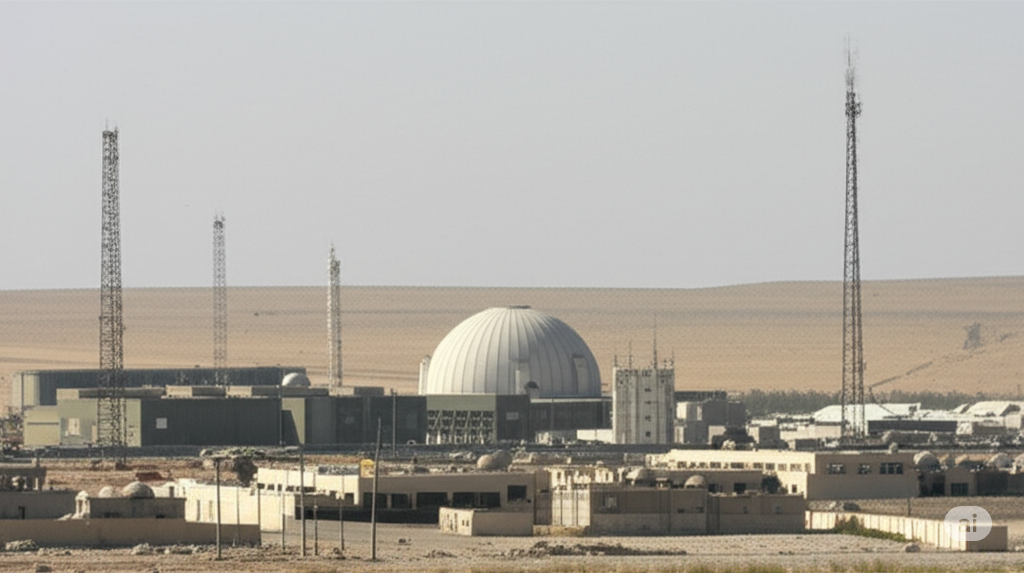Amidst rising tensions, reports suggest a potential Israeli response targeting Iranian nuclear sites, while the Houthis issue warnings to the U.S. What does this mean for the region?
The Middle East remains a powder keg as reports circulate regarding a possible Israeli strike against Iran’s nuclear facilities. This development unfolds against a backdrop of ongoing regional instability, including warnings from the Houthi rebels to the United States. Understanding the nuances of this complex situation is crucial for grasping the potential implications for international security and U.S. foreign policy.
Heightened Alert and Potential Israeli Action
Recent news suggests that Israeli Prime Minister Benjamin Netanyahu might be on the verge of authorizing an attack on Iranian nuclear sites. These reports come amidst long-standing concerns about Iran’s nuclear program and its potential military dimensions. For years, Israel has viewed a nuclear-armed Iran as an existential threat, and these latest developments indicate a possible shift towards more assertive action.
- The rationale behind a potential strike likely stems from a perceived lack of progress in international efforts to curb Iran’s nuclear ambitions.
- Domestic pressure within Israel might also be a contributing factor, with some advocating for a more proactive stance.
- However, such an action carries significant risks, including potential retaliation from Iran and escalation of regional conflict.
Houthi Warnings to the United States
Adding another layer of complexity to the situation are the warnings issued by the Houthi rebels in Yemen to the United States. The Houthis, who have been engaged in a protracted conflict in Yemen and have demonstrated the capability to strike regional targets, have cautioned the U.S. against intervention in any potential Israeli-Iranian conflict.
- These warnings underscore the interconnectedness of the various conflicts in the Middle East.
- Any direct U.S. involvement in a confrontation between Israel and Iran could potentially draw in other regional actors, further destabilizing the area.
- The Houthis’ threats also highlight the challenges the U.S. faces in navigating the intricate web of alliances and rivalries in the region.
Implications for the United States
The escalating tensions between Israel and Iran, coupled with the Houthi warnings, have significant implications for the United States. As a key player in the Middle East, the U.S. has a vested interest in maintaining regional stability and preventing the proliferation of nuclear weapons.
- The U.S. may face pressure to either support its ally Israel or to dissuade it from taking unilateral action that could ignite a wider conflict.
- The potential for Iranian retaliation against U.S. interests in the region is a serious concern.
- Diplomatic efforts to de-escalate the situation and find a long-term solution to the Iranian nuclear issue will likely intensify.
Navigating a Precarious Landscape
The current situation is fraught with uncertainty. Whether Israel will ultimately decide to strike Iran’s nuclear facilities remains to be seen. The reactions of Iran and its proxies, as well as the role the United States will play, are all crucial factors that will shape the future of the region. For U.S. policymakers and citizens alike, understanding these dynamics is essential for comprehending the potential consequences and supporting informed decisions regarding America’s role in this volatile environment.











